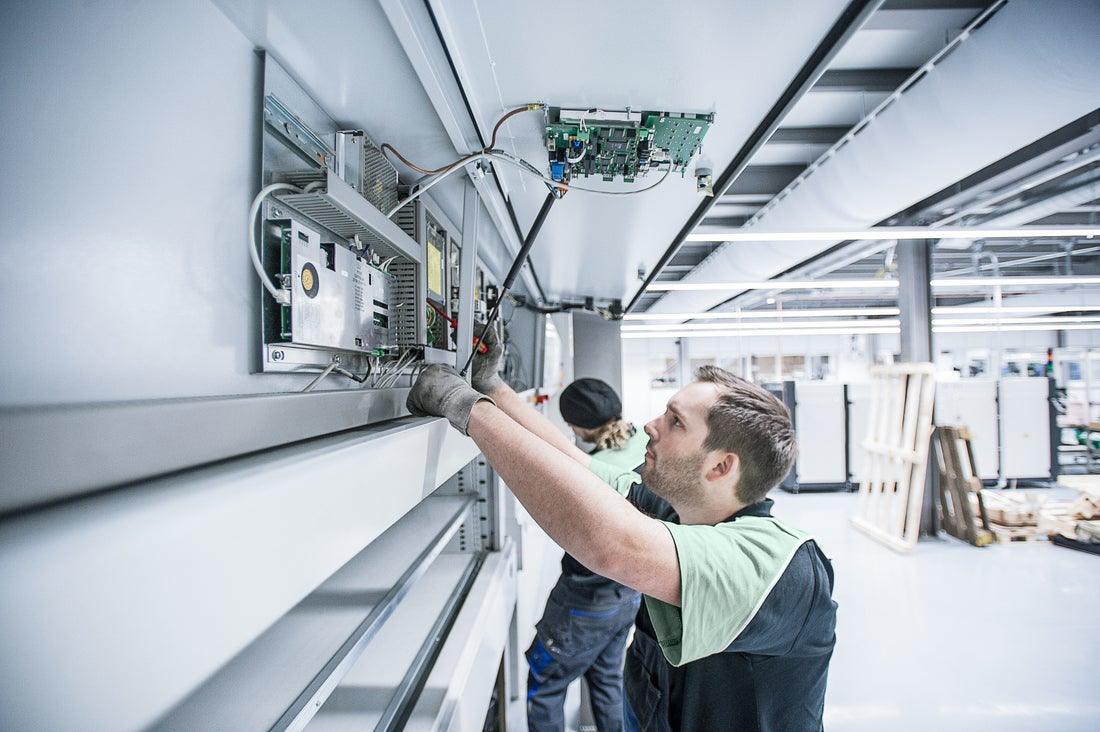Professionals working in the logistics and supply chain industry understand how important it is to reduce downtime in logistics and avoid idling workers so you don’t miss deadlines and frustrate your customers. They realize the critical role of preventative maintenance in keeping their operations moving smoothly and predictably. Accordingly, logistics professionals will want their maintenance team to work more proactively, rather than merely reacting to problems that occur randomly. This is especially the case in transportation where you must ensure the reliable functioning of vital equipment such as diesel engines.
Benefits of a Proactive Maintenance Approach
Adopting a proactive approach to maintenance instead of reacting means you can keep your valuable diesel equipment working longer, reducing the cost of ownership. Planned preventative maintenance makes repairs less expensive than urgent repair jobs that occur after engine failure.
Practical Tips on Developing Effective Maintenance Schedules
Make sure you have sufficient replacement parts and tools to support maintenance
Examine your records to verify you’re keeping enough items in stock to support routine maintenance. If a manufacturer designates a part as needing to be replaced once every nine months but you have been swapping it out twice a year, you are wasting resources that you’ll need to replenish more often. It also takes time to restock these expensive parts more often than needed, which is money better spent elsewhere.
Take a data-driven approach
Gather and analyze data from your preventative maintenance activities so you can make better decisions about when it’s best to repair diesel equipment or when it’s time to replace it. Such information helps you optimize your maintenance schedule as you lubricate parts according to schedule or replace items before they’re expected to fail.
Use advanced technologies
Researching the latest and most advanced technologies can help your maintenance team work more effectively. For example, using a TEXA diagnostic kit gives you the same capability as a diesel engine dealer so you can take better care of your equipment. An advanced diagnostic kit gives you all the relevant information for diesel vehicle maintenance and repairs to detect issues, such as in engines, ABS systems and transmissions.
The software enables you to issue DPF and SCR commands and conduct injector programming and resets to ensure that equipment functions at its best.
Train your staff
Give your staff the tools they need for success during the onboarding process of new recruits as well as in your ongoing educational efforts. You’ll train them to identify and address potential issues before they escalate into major breakdowns that would cost much more time, resources and money. Catastrophic breakdowns that shut down your supply chain until you fix the problem will cut your bottom line as well as endanger your reputation for providing consistent, on-time deliveries.
Outsource your preventative maintenance program
If you have been experiencing local labor shortages or higher-than-usual turnover in your maintenance crew, it might be time to consider outsourcing your company’s preventative maintenance efforts. Doing so enables you to focus on your company’s core capabilities while gaining the peace of mind that comes from knowing dedicated diesel maintenance experts are looking after your equipment on an ongoing basis.
Preventative Maintenance Helps You Avoid Unplanned Downtime of Essential Transportation Equipment
Savvy logistics professionals will establish or improve their maintenance schedules so they can work proactively to prevent major issues developing in their diesel engines and other crucial pieces of equipment. To that end, it’s prudent to use modern diagnostic software and hardware systems to keep watch over the state of the diesel engines your organization relies on.
Staying updated on industry best practices, being aware of the latest technologies and providing ongoing training to your maintenance team will help you avoid unplanned downtime. Not only does this prevent work stoppages, but also it helps improve your bottom line since catching problems earlier makes it less expensive to maintain or repair components instead of having to outright replace them.
